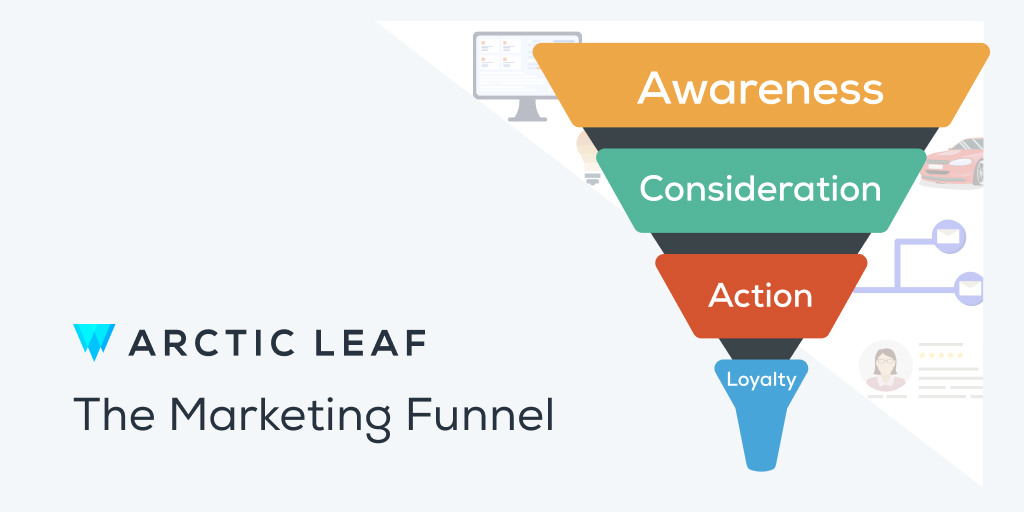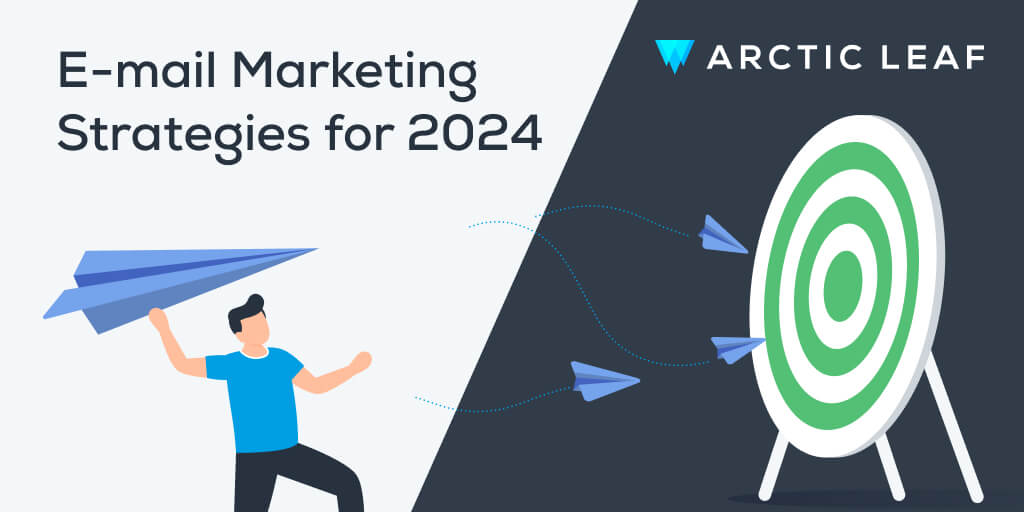What if you could increase your sales without hefty advertising costs AND have someone else do the promotional legwork? It’s possible, with affiliate marketing. By partnering with creators and influencers who promote your products, you can open up new avenues for revenue and attract a broader audience. This method offers a low-risk way to grow your business and amplify your results. Today, we’re going to explore some ways to incorporate affiliate marketing into your business strategy.
What is Affiliate Marketing?
Affiliate marketing simplifies growing your business with three key players: the seller, the affiliate, and the consumer.
-
Seller: You provide products and set up an affiliate program. Your goal is to get your products into the hands of a larger audience without spending on traditional advertising.
-
Affiliate: This is a person or company that promotes your products. They use unique affiliate links to drive traffic to your site. When purchases are made through these links, the affiliate receives a commission.
-
Consumer: They discover your products through the affiliate’s promotion. If they like what they see and buy through the provided link, the affiliate gets paid, and you make a sale.
With this setup, you only pay for actual sales generated by your affiliates making it a win-win situation for everyone involved and an extremely cost-effective way to expand your reach.
Benefits of Affiliate Marketing for Ecommerce Stores
By collaborating with affiliates, you tap into their audiences and turn their promotional efforts into your profit. Here’s how affiliate marketing can significantly benefit your business:
-
Increased Sales and Revenue: Affiliate marketing has proven its worth. In 2022, U.S. affiliate marketing spend hit $8.2 billion, and this number continues to grow. For example, niche review page “Wirecutter” generated $150 million in revenue between 2011 and 2016 acting as an affiliate. Imagine how much the businesses they were funneling sales to made!
-
Cost-Effective Marketing: Unlike traditional advertising, affiliate marketing involves low upfront costs. You only pay affiliates when they push a sale, making it a risk-free investment. Compared to paid ads, where you pay upfront regardless of performance, affiliate marketing aligns your costs with actual sales.
-
Enhanced Brand Reach and Exposure: Affiliates introduce your products to new audiences. For example, the Amazon Associates program contributes a whopping 53% of Amazon’s total sales, illustrating how successful affiliates can be at driving broad visibility and traffic.
Types of Affiliate Marketing
Affiliate marketing comes in various forms, each with its own benefits and challenges. By understanding these forms you can select the best approach for your business to take.
Unattached Affiliate Marketing
Unattached affiliate marketing involves promoting products without a personal connection. Affiliates use generic ads or links on websites or social media to drive traffic. The low barrier to entry is advantageous, but this model can lack authenticity, leading to lower engagement and trust from the audience.
Related Affiliate Marketing
Related affiliate marketing involves affiliates with a relevant niche who don’t necessarily use the products. For example, a tech blog promoting gadgets it covers extensively. These affiliates are experts and offer valuable insights, adding credibility. However, it may lack the personal touch of genuine product users.
Involved Affiliate Marketing
Involved affiliate marketing features affiliates genuinely connected to the products. They use and endorse the products, sharing personal reviews or experiences, which fosters strong trust and engagement. For example, a fitness influencer praising specific workout gear can greatly influence their audience’s buying decisions. This requires careful selection of affiliates.
Whether you opt for unattached, related, or involved affiliate marketing, understanding these models will help you leverage them effectively for your business.
How to Get Started with Affiliate Marketing
Choosing the right affiliate program can make a big difference. Here’s how to pick the best fit for your ecommerce store:
Factors to Consider
-
Commission Structure: Look for programs with competitive commissions. Consider whether you prefer a flat fee or a percentage of sales.
-
Product Relevance: Ensure the products or services align with your store’s niche. Greater relevance leads to better results.
-
Affiliate Support: Programs that offer strong support, including marketing materials and tracking tools, can make your job easier.
Popular Programs
-
Amazon Associates: Ideal for promoting a wide variety of products.
-
ShareASale: Offers diverse options and robust reporting.
-
CJ Affiliate: Known for high-quality affiliates and comprehensive tools.
Building Relationships with Affiliates
To find and recruit affiliates, target creators in your niche. Use social media and affiliate networks to reach out. There are even tools like CreatorIQ which will help streamline the process. Once you’ve locked in your affiliates, maintain strong relationships by communicating regularly and providing them with updated marketing materials.
Creating Strategies That Work
Create content that clearly highlights your products' benefits. Optimize for SEO to improve visibility and leverage social media to extend your reach. Remember: effective strategies include clear calls to action and exclusive deals for affiliates to share.
By focusing on these areas, you’ll establish a successful affiliate marketing program that yields results and builds strong affiliate partners.
Maximizing Affiliate Marketing Success
It’s important to note that you can’t just put your program and your affiliate partners out in the world and expect for them to come back successfully every time. Affiliate marketing is not a plug-and-play system. One of the most important elements of successful marketing of any kind is staying on top of your metrics. You don’t want to keep working with affiliates who are bringing nothing in.
Monitoring Metrics
Regularly check key metrics like conversion rates, click-through rates, and sales numbers. Tools like Google Analytics and affiliate dashboard reports can give you detailed insights into how your campaigns are performing. These insights will reveal what’s working and what requires modification.
Optimizing Campaigns
For continuous growth, use A/B testing to compare different approaches and see which performs better. Adjust your approach based on what the data shows—whether it’s tweaking your messaging or experimenting with different types of content. Regularly review and refine your efforts to keep improving.
Staying Compliant
Follow FTC guidelines to ensure transparency and trust. Disclose affiliate relationships clearly in all promotional materials. Keep up with any changes in regulations to avoid compliance issues and maintain a trustworthy reputation.
By carefully tracking performance, optimizing strategies, and staying compliant, you’ll stop your strategy from ever going stagnant.
Conclusion
Affiliate marketing offers a powerful way to grow your ecommerce business without hefty costs. Partnering with affiliates allows you to tap into new audiences and increase sales while paying only for actual results. If you're unsure where to start, working with Arctic Leaf can help you set up your affiliate program smoothly. By choosing the right method, building strong relationships, and creating impactful plans, you can maximize your affiliate marketing program’s success. Take advantage of this opportunity to expand your reach and boost your revenue with a well-managed affiliate strategy.
Additional Resources
-
Neil Patel’s Blog: Offers actionable insights and tips on affiliate marketing.
-
Affiliate Marketing Hub by Shopify: Provides a range of resources, from beginner to advanced guides.
Tools and Software:
-
Google Analytics: Essential for tracking affiliate performance and understanding user behavior.
-
AffiliateWP: A WordPress plugin that simplifies managing your own affiliate program with ease.
Looking to take your marketing strategy to the next level? Check out our tips for better deliverability or reach out to us directly at info@arcticleaf.io.
Arctic Leaf is a digital agency with over 10 years of e-commerce experience serving clients of all industries. Our entire team is Baymard UX certified and our amazing developers can build everything from simple Shopify themes to fully custom headless experiences.



